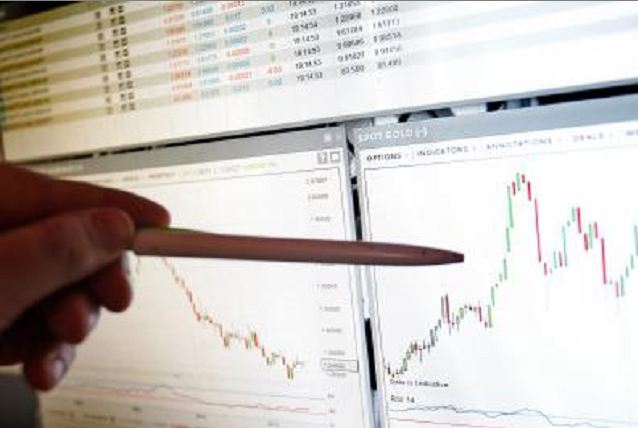
Oil pared a weekly decline after an influential US lawmaker announced opposition to President Barack Obama’s nuclear deal with Iran, which is projected to boost global supplies if successful.
Futures rose as much as 0.7 percent, trimming a sixth weekly slide. Senator Chuck Schumer, a New York Democrat who’s in line to become the party’s next leader, said he will break with Obama and oppose the agreement.
The oil market faces a glut even without new Iranian supply. Goldman Sachs Group Inc. predicts storage will be filled by this fall amid a global surplus projected at 2 million barrels a day.
Oil has slumped more than 25 percent since a June peak on signs that the oversupply will persist. Leading members of OPEC have sustained output while production has surged from the U.S., where inventories remain more than 90 million barrels above the five-year average for this time of the year.
A technical indicator shows prices have probably slid too quickly to sustain further losses.
“The price action is not indicating any turn for oil at the moment,” Michael McCarthy, a chief strategist at CMC Markets in Sydney, said by phone. “While momentum is clearly negative, technically, the picture is very constructive.”
West Texas Intermediate for September delivery gained as much as 29 cents to $44.95 on the New York Mercantile Exchange and was at $44.86 at 4:44 p.m. Sydney time. The contract fell 49 cents to $44.66 on Thursday, the lowest close since March 19. Prices have decreased 4.9 percent this week.
Brent for September settlement was 22 cents higher at $49.74 a barrel on the London-based ICE Futures Europe exchange. It slid 7 cents to $49.52 on Thursday. The European benchmark crude traded at a premium of $4.88 to WTI.
The US Congress has until the end of the day Sept. 17 to review the nuclear accord reached between the US, Iran and five other world powers. If lawmakers pass a resolution of disapproval — the likely outcome in the Republican-led House and Senate — Obama has said he will veto it.
Prices need to remain lower for longer to allow the market to find equilibrium, Goldman analysts including Jeffrey Currie said in a report Thursday. Even after the supply and demand balance is restored by 2016, prices may not rebound as Iran emerges from sanctions and other members of the the Organization of Petroleum Exporting Countries increase output to boost revenue, Goldman said.
WTI’s 14-day relative strength index is about 26, below 30 for the sixth straight day, data compiled by Bloomberg show. A reading below 30 typically signals the market is oversold.